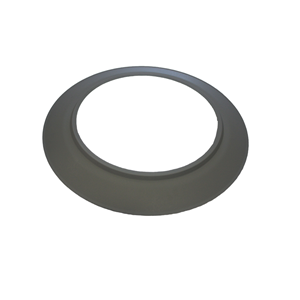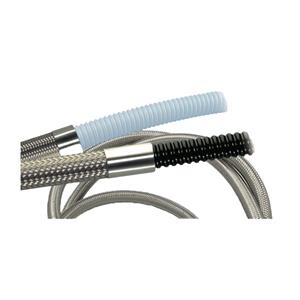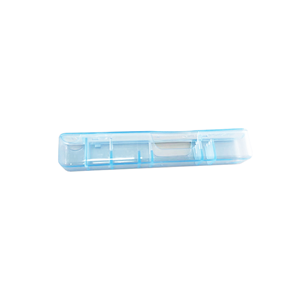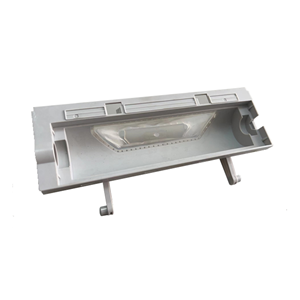From the Operating Room to the Future: The 'Metamorphosis' of Medical Plastic Accessories Customization
If plastic can speak, then plastic accessories must be the most story telling type. It was born from petroleum, but underwent a complete transformation in a sterile workshop, becoming an assistant under the surgical knife, a guardian in the ward, and even a part of the human body. This is a legend about "transformation" and a hymn to the dance of technology and life.
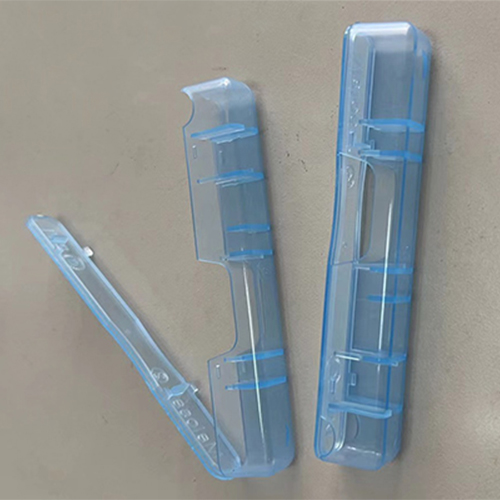
In the operating room, it transforms into disposable surgical instruments - plastic tweezers, needle holders, and tissue forceps. They are lightweight, precise, and sterile, avoiding cross infection and making every surgery safer. In the emergency department, it is a respiratory mask, endotracheal tube, and drainage bottle, like a guardian of the "life passage", delivering oxygen and draining fluid in critical moments.
It can also 'enter' the human body. Implants made of high-end medical plastics such as ultra-high molecular weight polyethylene and polyetheretherketone (PEEK), such as pads for artificial joints, stents for heart valves, and drug sustained-release microspheres, are not only wear-resistant and corrosion-resistant, but also harmoniously coexist with human tissues, allowing patients to regain freedom of movement.
Even more creatively, medical plastic accessories are integrating with intelligent technology. The intelligent infusion pump is equipped with a plastic sensor that can monitor the flow rate in real time; Wearable plastic patches that can continuously monitor blood sugar and heart rate, and wirelessly transmit data to doctor terminals; Even scientists are developing "self-healing" plastics that can automatically repair and extend the service life of instruments when microcracks appear.
It also grows in a 'green' environment. Faced with the environmental pressure of disposable medical waste, biodegradable medical plastics are gradually being promoted. Sutures, scaffolds, and drug carriers made of polylactic acid (PLA) can naturally decompose in the body, reducing foreign body residue and alleviating environmental burden.
From the operating room to the laboratory, from the inside of the human body to future technology, the "metamorphosis" of plastic ware for hospitals has never stopped. It is no longer a simple material, but a carrier of medical innovation, a steadfast ally of humanity in fighting diseases and pursuing health.

